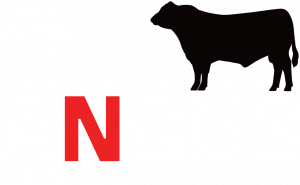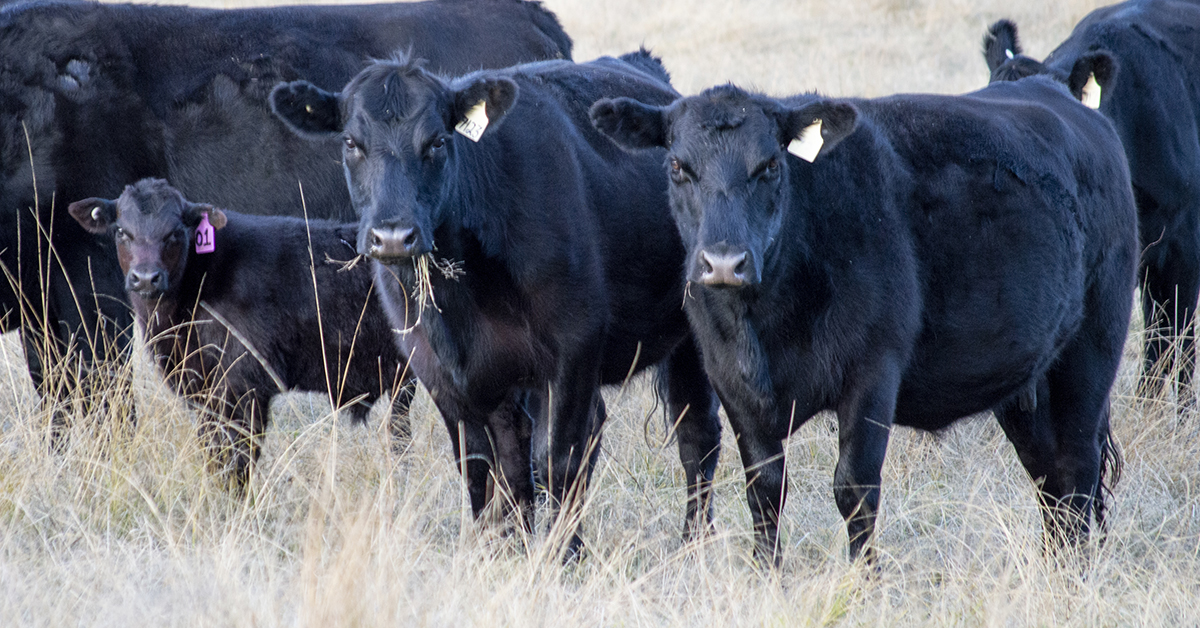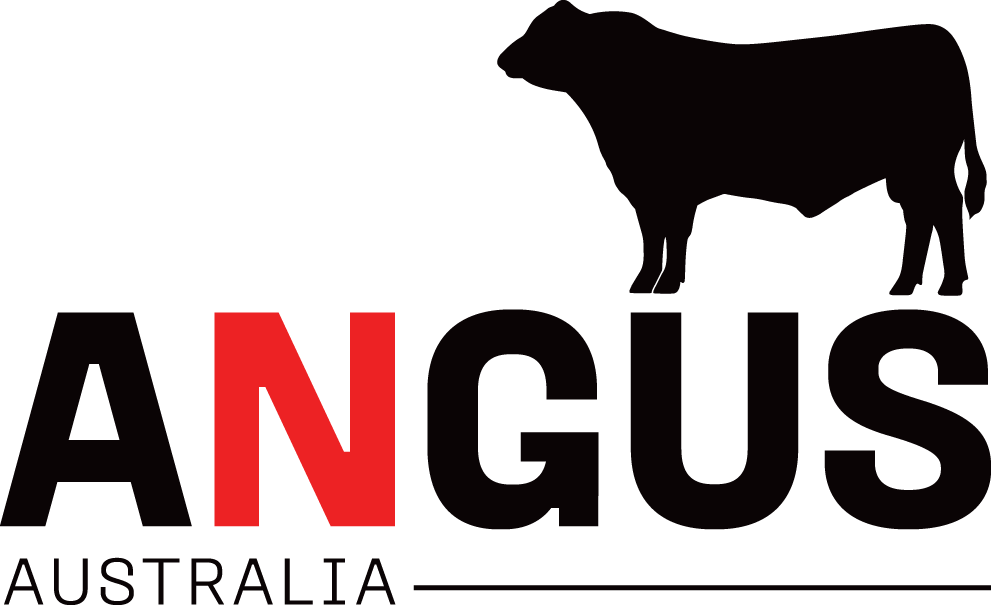There has been much discussion about the development of a multi-breed genetic evaluation for the Australian beef industry.
In recent times, the NSW Department of Primary Industries, Meat & Livestock Australia (MLA), Animal Genetics and Breeding Unit (AGBU) and the University of New England (UNE) have launched a collaborative “Southern Multi-Breed Project” aiming to develop a dataset where the performance of different breeds is directly compared head-on-head in different production systems.
One important consideration is whether a multi-breed genetic evaluation will increase the rate of genetic improvement in the Australian beef industry.
Angus Australia Chief Executive Officer, Dr Peter Parnell, noted that documented genetic trends have shown that Angus breeders in Australia are making world-leading rates of genetic gain through commitment to performance based selection using Estimated Breeding Values calculated in the TransTasman Angus Cattle Evaluation, coupled with the use of reproductive technologies to utilise the global Angus gene pool.
In response to industry discussion, the Angus Australia Board of Directors have recently developed a policy with regards to Angus Australia’s participation in research and development aimed at achieving multi-breed genetic evaluation.
“Angus Australia wishes to be positively engaged in industry discussions regarding future genetic evaluation options and developments”, said Dr Parnell.
“A key determinant of any participation by Angus Australia in a multi-breed genetic evaluation will be whether the evaluation enhances the predicted future rate of genetic improvement in the Angus breed”, said Dr Parnell.
One the main influences on the rate of genetic improvement will be the impact that a multi-breed evaluation has on the ability of Australian beef producers to effectively utilise the global Angus gene pool.
“In the beef world, irrespective of what breed you look at, Australia contains a relatively small proportion of the global gene pool”.
“It will be essential that any multi-breed genetic evaluation does not compromise the ability of Angus Australia to participate in other genetic evaluations where Australian Angus animals are benchmarked with the global Angus gene pool”, said Dr Parnell.
Even if multi-breed genetic evaluation options are available at some point in the future, Australian breeders will need to decide if it is more important to compare their genetics with other breeds within Australia, or to continue to benchmark against global gene pools.
“The availability of multi-breed EBVs will not necessarily change breeding decisions made by commercial producers or impact rates of genetic progress” said Dr Parnell.
“Even in commercial crossbreeding programs, animal selection decisions are usually made on a within-breed basis. The combination of breed attributes in a structured crossbreeding program is a proven way to enhance profitability. However, this does not necessarily require the ability to directly compare genetics across breeds, but rather to select the most suitable animals within each component breed included in the cross-breeding program”, said Dr Parnell.
To read Angus Australia’s full policy statement regarding involvement in multi-breed genetic evaluation CLICK HERE


